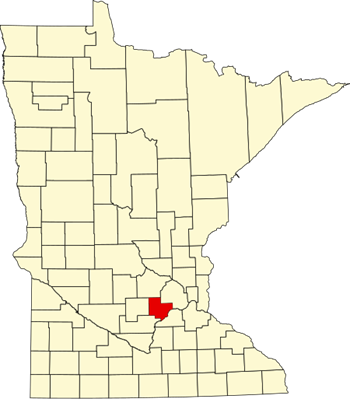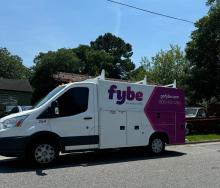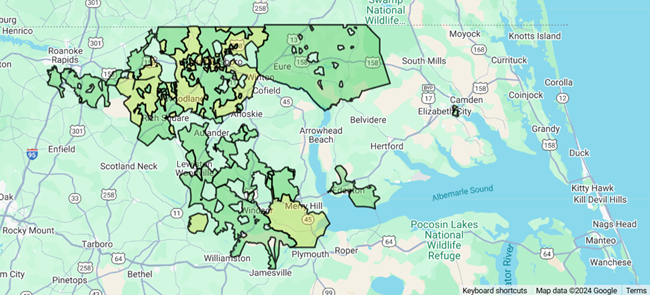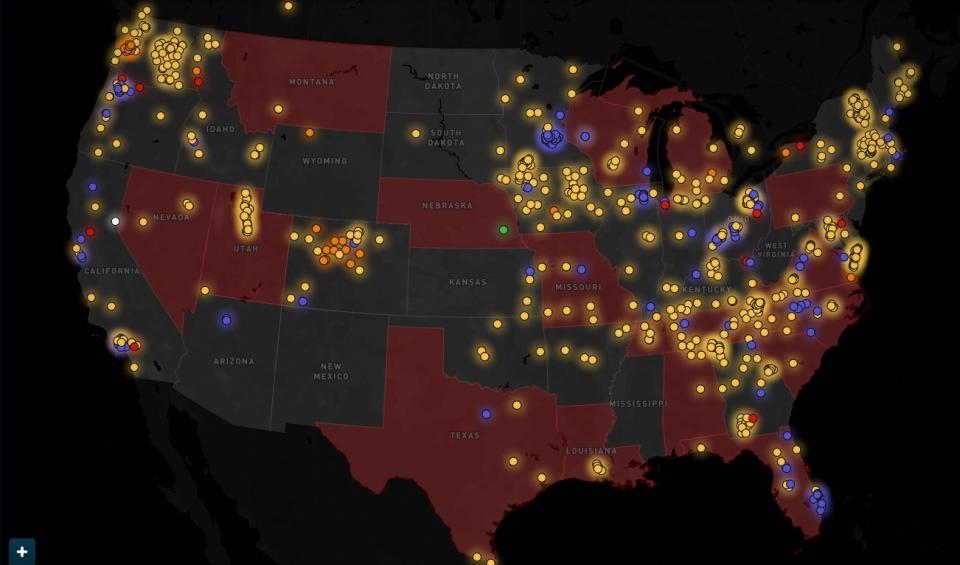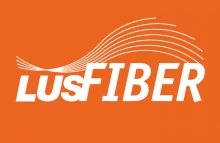UTOPIA Fiber Marks Another Banner Year
UTOPIA Fiber is celebrating another banner year.
Created in 2009 by a coalition of Utah cities to cultivate a competitive market for fast affordable fiber Internet, the nation’s largest community-owned open access network recently announced it officially hit the 70,000 subscriber mark.
UTOPIA (Utah Telecommunication Open Infrastructure Agency) is now delivering fiber-to-the-home (FTTH) access in 21 Utah cities, partnering with 19 private-sector ISPs, while offering business-class service in 50 cities.
Over the past year – having deployed 1.9 million feet of fiber-optic cable, 1.3 million feet of underground conduit, 68,190 feet of aerial strand, and 8,660 handholes – UTOPIA’s growth in 2024 means fiber access is now available to 23,684 new homes and an additional 1,974 businesses in Utah, UTOPIA officials said.

This comes after having completed its West Haven City buildout and the nearly complete construction of Bountiful Fiber’s network, which is on track to be finished by July. Additionally, UTOPIA has also completed fiber installations in 22 homeowner associations (HOAs) and are gearing up to connect more in the coming months.
UTOPIA Fiber executive director Roger Timmerman pointed to the surging demand for affordable fiber connectivity as to what’s fueling the growth:
“Residents are the driving force behind these fiber projects because they need better Internet now, not years down the road.”
For Timmerman, the truth is in the ledger. UTOPIA added 11,256 new subscribers in 2024, which pushed its subscriber total to over 70,000 – half of whom joined the network in the past three to four years.






